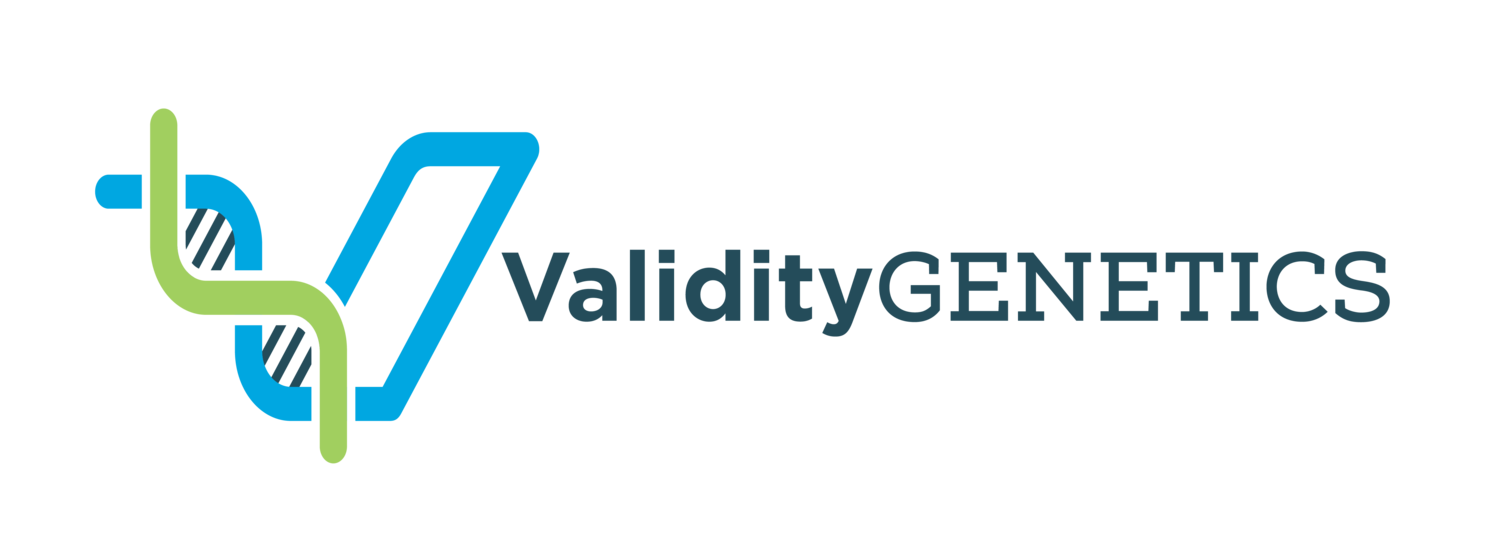Aunt Uncle DNA Testing
Avuncular DNA Testing
When a direct parental DNA test isn't an option, an avuncular DNA test—also known as an aunt or uncle DNA test—can help determine biological relationships. But how reliable are these tests, and what do the results really mean? Let’s break down how avuncular DNA testing works and discuss its accuracy.
What is an Avuncular DNA Test?
An avuncular DNA test analyzes the DNA of an aunt or uncle and compares it with a niece or nephew to determine if there's a biological relationship. Because aunts and uncles share genetic markers with their siblings, comparing these markers can indirectly verify parentage.
Common Uses for Avuncular DNA Tests:
Confirming relationships when parents are unavailable for testing
Clarifying family history or genealogical research
Establishing biological relationships for personal reasons or legal cases
Accuracy of Avuncular DNA Tests
Unlike a direct paternity or maternity test—which offers nearly definitive results—avuncular DNA testing relies on probability. Here's what affects the accuracy:
Number of Genetic Markers Tested: Testing more markers increases reliability.
Including a Known Parent's DNA: Adding DNA from a known parent (usually the mother) greatly enhances accuracy.
Relationship Type: Full siblings of the parent share more DNA with nieces/nephews, making the results clearer compared to half-siblings.
Typical accuracy percentages for avuncular DNA tests:
Conclusive: A probability above 90% strongly indicates a biological relationship, whereas below 10% strongly indicates no biological connection.
Inconclusive: Probabilities between 10% - 89% may require further testing, such as including additional family members.
How is an Avuncular DNA Test Performed?
Getting an avuncular DNA test is straightforward:
Order a Test Kit: Receive a discreet kit delivered directly to your home.
Collect Samples: Use provided cheek swabs to collect DNA samples from the aunt/uncle and niece/nephew.
Ship Samples to Lab: Securely send the samples to the DNA testing facility.
Get Your Results: Receive confidential results typically within 2-3 business days.
When Might You Need Forensic Samples?
Sometimes a cheek swab isn’t feasible, making forensic DNA testing a helpful alternative. Forensic samples might include:
Hair with roots
Used toothbrushes
Chewed gum
Nail clippings
Cigarette butts
These samples often require special handling, cost a bit more, and take longer to process (5-7 business days).
What If Results Are Inconclusive?
Inconclusive results don't necessarily mean there’s no relationship. They simply indicate uncertainty. To clarify inconclusive outcomes, you might consider:
Including the mother’s DNA
Testing additional family members (grandparents or siblings)
Opting for expanded genetic marker analysis
Understanding Avuncular DNA Testing
Avuncular DNA testing can be highly useful in confirming family connections when parents aren't available. Though less definitive than direct parental testing, it provides valuable probability-based insights to help piece together family relationships.
If you're considering an avuncular DNA test, understanding its accuracy and how to interpret results can ensure you make informed decisions about your family history.





